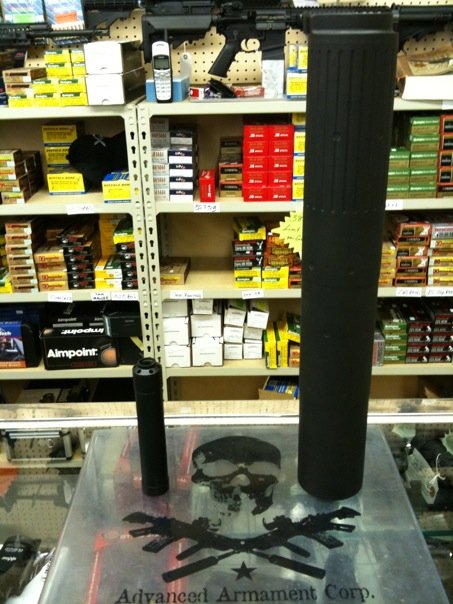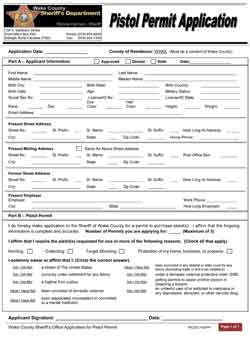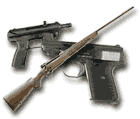North Carolina NFA Trust and Gun Trust Update:
In Dec 2014, a Gun Trust transfer of a Machine Gun was rejected by the ATF when it stated “In Accordance with NC General Statute 14-409. Please remember that your Form 4 must state a reason other than for scientific and/or experimentation or “in accordance with 14-409” to comply with The January 11, 2013 email from Dana Pickles. We are in the process of verifying this and will update this blog if anything changes.
A recent email from Dana Pickles at the US Dept. Of Justice Bureau of ATF NFA Branch stated the following changes for North Carolina
 NFA Gun Trust Lawyer Blog
NFA Gun Trust Lawyer Blog


 While in some states, it is illegal to hunt with a Silencer, in the following states it is legal to hunt with a suppressor (often referred to as a “silencer”).
While in some states, it is illegal to hunt with a Silencer, in the following states it is legal to hunt with a suppressor (often referred to as a “silencer”). Some of our clients in North Carolina regularly ask about pistol permits and trusts. In response to this, we asked a North Carolina Gun Trust Lawyer ® to explain how the
Some of our clients in North Carolina regularly ask about pistol permits and trusts. In response to this, we asked a North Carolina Gun Trust Lawyer ® to explain how the 